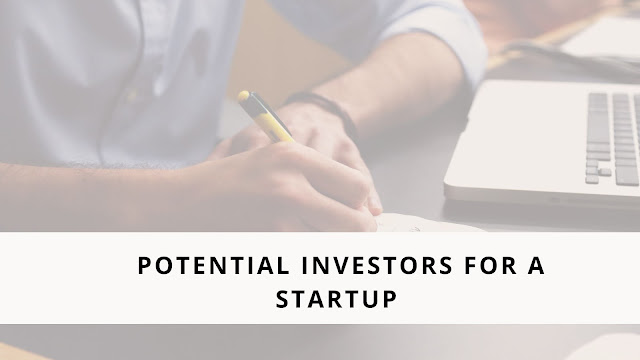Morne Patterson – Potential Investors For a Startup
Starting a business can be a challenging and risky endeavor, and often requires third party funding assistance which can also mitigate some of that risk. There are a variety of potential investors that a startup may consider approaching, each with their own unique set of characteristics and considerations.
Your suitable investor
When looking for investors who have a track
record of investing in startups, be sure to understand both their investment
horizon and their general investment approach. Certain investors want to be
actively involved in the day-to-day operations of a business, while other
investors want to be less involved but require onerous reporting and
governance. When seeking your ideal investor, keep these points in mind. Even
so, it’s always useful to seek investors with expertise in your industry, as
they will be able to offer strategic guidance and insights.
Types of investors for startups
Angel investors: These are high net worth individuals who invest their own money in startups, in
exchange for equity. They are typically looking for a high-risk/high-reward
investment opportunity. Angel investors are typically not involved in the
day-to-day operations of the business.
Venture capital firms: A venture capital (VC) firm trades equity in favour of funding to
early-stage and growing companies. VCs typically invest in high-risk,
high-reward companies and often look to make larger investments. The capital in
VC firms is usually assembled from institutional investors, high net worth
individuals, and sometimes the firm's own partners. They make investments in a
diverse portfolio of companies in the hope that some of these investments will
yield big returns. VCs generally have strict reporting requirements. They
participate in the companies they invest in, offering both financial resources
and strategic advice as well as access to an industry network.
Crowdfunding platforms: Crowdfunding is a method for startups to raise small amounts of
money from many people, typically through an online platform. Rather than
equity, investors often receive a financial reward in exchange for their
investment. Risk appetite from these investors vary, who are also generally
less involved.
Strategic investors: These investors are interested in a particular startup because
they believe it aligns with their own business goals or strategies. For
example, they may be looking to gain access to a new technology or customer
base. Strategic investors often assume a majority stake, or eventually take on
the startup’s asset base.
Family offices: These firms are employed by a wealthy family to manage their
investment portfolio. Family offices have a varied risk appetite and may be
more patient with their investment period than other investors.
Where to Find Your Ideal Investor
Start out by leveraging your personal as
well as professional network. Find contacts and advisors in your industry who
can be valuable resources in finding an investor. Ask for introductions or
referrals to investors who might be interested in your startup.
Attend startup events, pitch competitions,
and meetups to meet potential investors and other entrepreneurs. Building
connections and making connections can often lead to funding opportunities.
Alternatively, there are many online
resources, such as AngelList and Seedrs, that can help you find potential
investors for your startup. These platforms often have detailed profiles of
investors, including their investment preferences and contact information.
Conclusion
Finding the right investor for your startup
can be the difference between success and failure. Follow these steps above and
increase your chances of identifying the suitable investment partner for your
startup.




Comments
Post a Comment